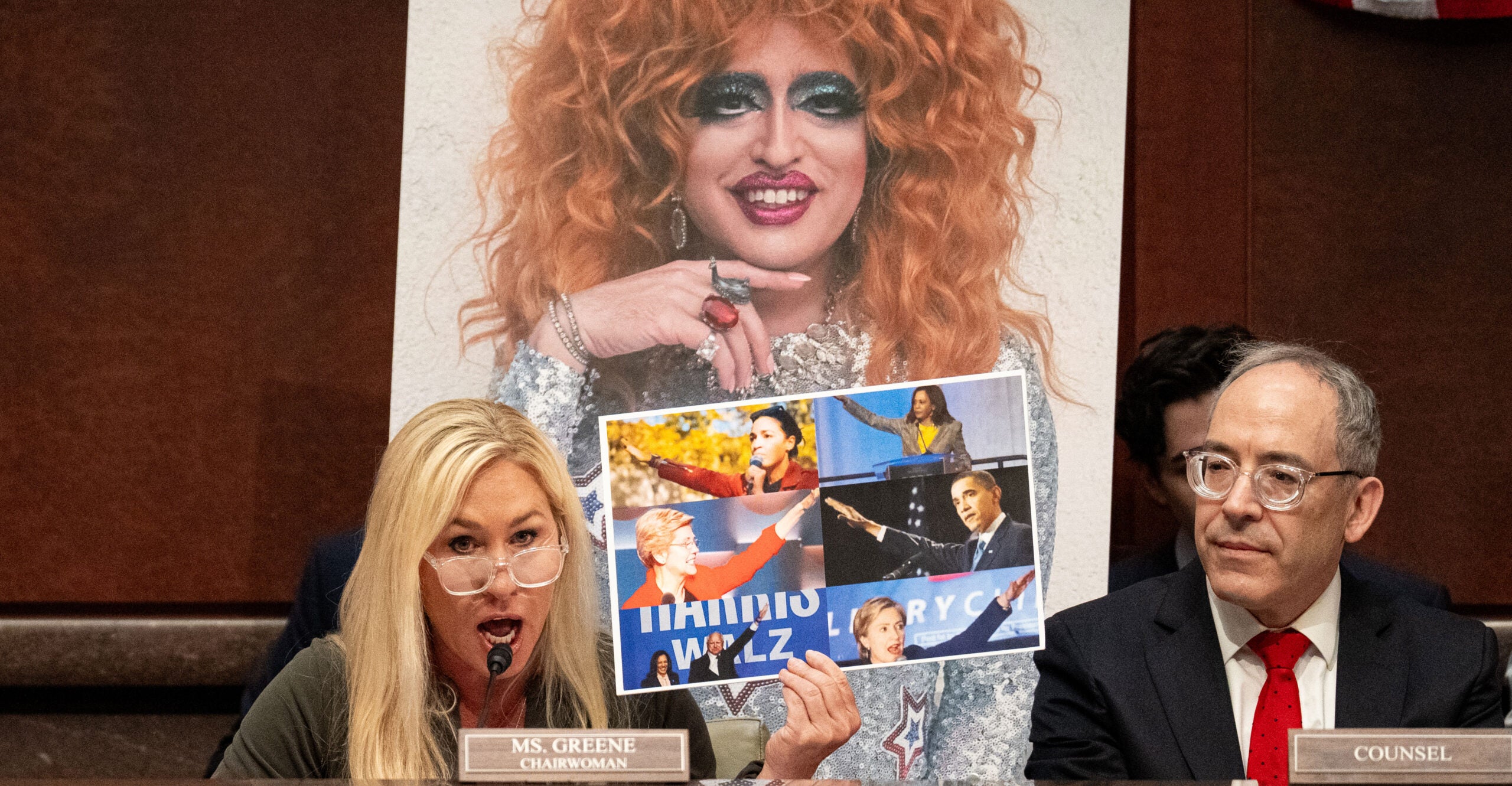Measure ULA and the indolent judiciary
The California judiciary has enabled special interests to write their own tax increases, direct the money to themselves, buy enough advertising to fool 50% of the voters and cash in.

In 2020, 57.77% of voters in Los Angeles approved a tax on the sale of “mansions,” defined as any real estate within the city boundaries that has a value of $5 million or more when sold or transferred.
Measure ULA imposed a 4% tax on the sale or transfer of property with a value of up to $10 million. Above that, the tax jumps to 5.5%. It’s not a tax on profits, but on market value. Even if the property is in foreclosure, the tax is still owed.
Voters were told the “mansion tax” could raise close to a billion dollars a year, paid entirely by millionaires and billionaires, and the money would be spent on housing and homelessness programs for the poor and struggling.
Today the city of Los Angeles is experiencing a crash course in what might be called “tax consequences.”
A report in Westside Current by Angela McGregor notes that the actual revenue from Measure ULA is nowhere near the $900 million per year that proponents projected. “As of April, 2024, the tax has brought in just $215 million over 16 months,” McGregor wrote. Instead of solving the housing and homelessness problems in Los Angeles, Measure ULA has “put a damper on all real estate development, resulting in less development of both market-rate and affordable projects.”
Many properties and development projects in Los Angeles that are worth more than $5 million are not mansions. Some are multi-family housing, also known as apartments. Some are office, industrial or commercial buildings. Some are affordable housing projects.
The Real Deal reported in February 2023 that the “mansion tax” had made financing a multi-family housing development in Los Angeles difficult or impossible. Lenders didn’t like the uncertainty around how much the property would be worth when it was time to sell it, given the massive transfer tax that Measure ULA had hung around every project’s neck.
McGregor reported that an April 2024 study found a 19% year-over-year decrease in residential housing starts between 2023 and 2024 in Los Angeles. Even sales of single-family homes valued at more than $5 million, the targeted “mansions,” are down 50%.
Given the high capital gains tax in California, with both state and federal governments grabbing a large chunk of the proceeds from the sale of a long-held property, many owners may find L.A.’s additional 4% or 5.5% tax bite to be reason enough to kick the Realtors off their doorstep and stay put.
If Measure ULA had been a proposal under consideration by the Los Angeles City Council, it might never have seen the light of day. The entire real estate industry would likely have lobbied against it, pointing out the risk of exactly what has now happened.
But Measure ULA was a “citizens’ initiative tax increase,” a new species spawned by the possibly corrupt and certainly indolent California judiciary. It originated in 2017 with a case called California Cannabis Coalition v. City of Upland, in which the state Supreme Court suggested, without actually deciding, that if a tax increase was put on the ballot by a “citizens’ initiative” and not by a government body, the state constitution didn’t apply.
Appellate courts have reinforced this idea in a number of rulings, holding that “citizens’ initiative tax increases” can bypass the state constitution’s requirement of a two-thirds vote of the electorate to approve local tax increases for a specific purpose. Instead, these tax increases need only a simple majority, 50% plus one vote, to pass.
This loophole would have been closed if voters had approved the Taxpayer Protection and Government Accountability Act, an initiative that had qualified for the November ballot. But Gov. Gavin Newsom and Democratic legislative leaders sued to have it taken off the ballot, and the state Supreme Court granted their wish. For some reason, the somber deference to the “citizens’ initiative” disappeared when the measure protected taxpayers instead of clobbering them.
So the Taxpayer Protection Act will not be on your November ballot, but there will be lots and lots of “citizens’ initiative tax increases.” Like Measure ULA, they are written by the very people who will receive the money from the tax increase, which is either an astounding coincidence or the most corrupt scam in the history of California government.
These “citizens’ initiative tax increases” are the subject of ongoing legal challenges. The validity of Measure ULA was challenged by the Howard Jarvis Taxpayers Association, where I am on staff as VP of Communications, for plainly violating the state constitution’s prohibition on real estate transfer taxes for a special purpose. A Los Angeles Superior Court judge shrugged and ruled that the constitution doesn’t apply to “citizens’ initiative tax increases.” An appeal is underway.
In San Diego, a “citizens’ initiative tax increase” on hotel rooms, for the special purpose of expanding the Convention Center and funding road repair and homelessness programs, was placed on the 2020 ballot as Measure C. It failed to reach the two-thirds vote threshold required by the constitution, but then the San Diego City Council watched as other initiative tax increases that missed the two-thirds vote were upheld by the California appellate courts anyway. So a year after the election, the city declared that Measure C had passed.
Litigation followed. There was a question about the authenticity of the “citizens’ initiative,” which was organized by a board member of the city-owned Convention Center. But recently a Superior Court judge waved off the concern and declared that the tax had passed, despite falling short of a two-thirds vote. Opponents have already announced that they will appeal.
The California judiciary has enabled special interests to write their own tax increases, direct the money to themselves, buy enough advertising to fool 50% of the voters and cash in.
But Measure ULA stands as a warning that reckless tax increases bring unintended consequences. And here’s another warning: judges who ignore the constitution, only when it’s protecting taxpayers, should be recalled.
Write Susan@SusanShelley.com and follow her on Twitter @Susan_Shelley




















